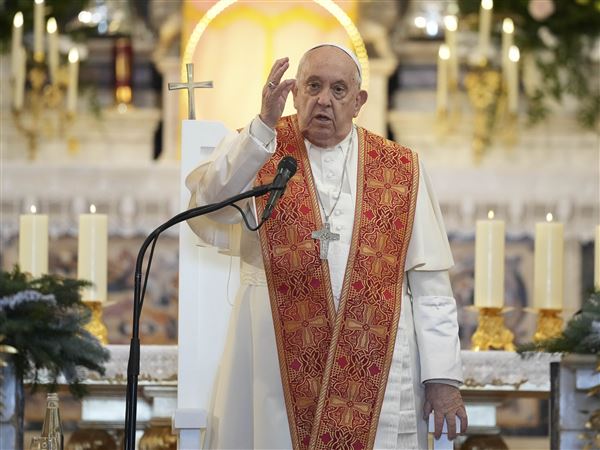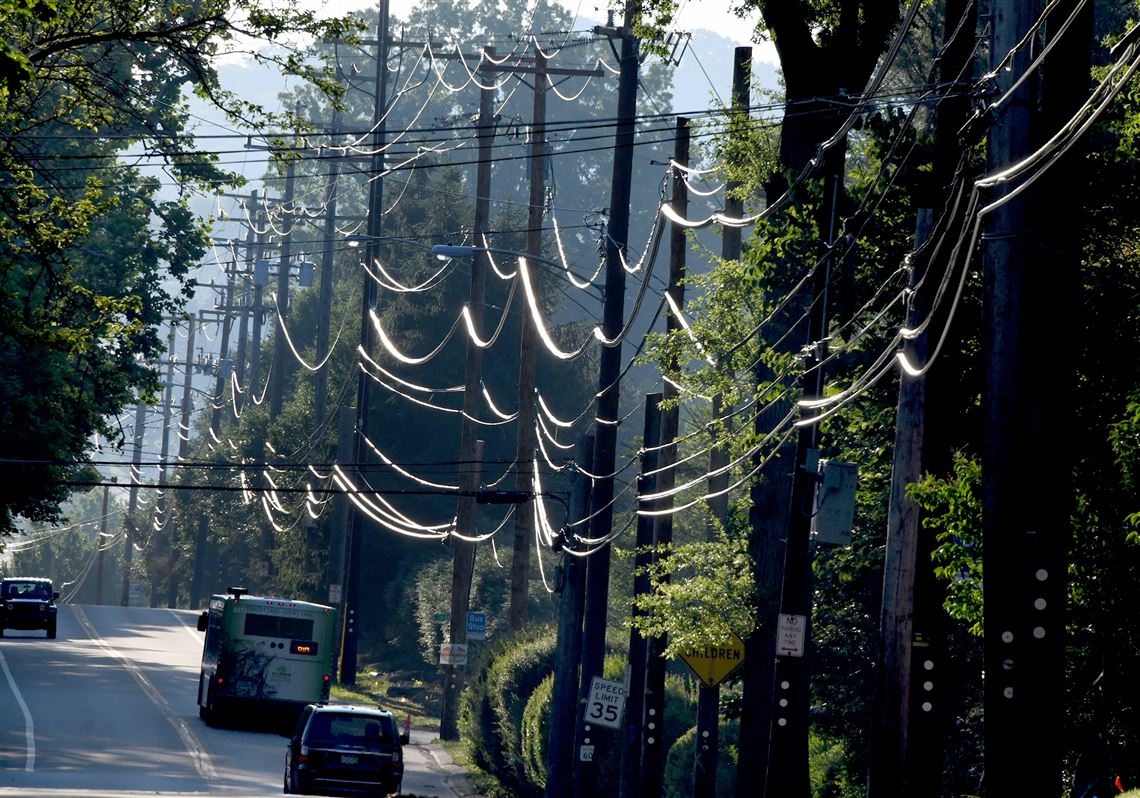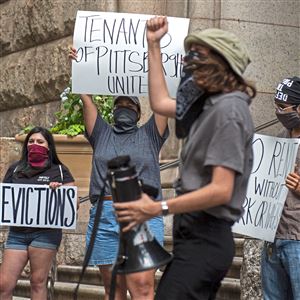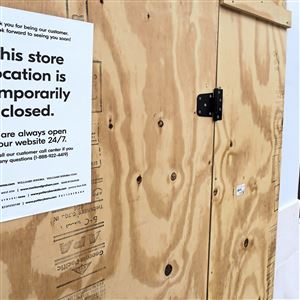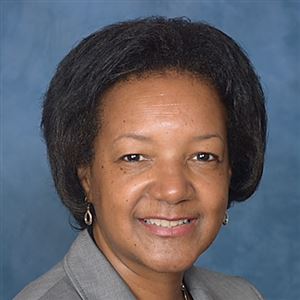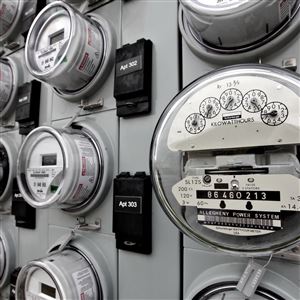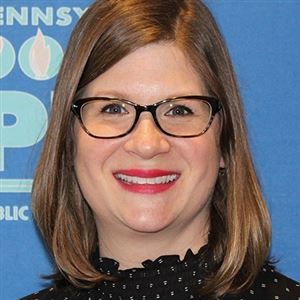When the state’s top utility regulator asked stakeholders whether utilities should be able to resume shutting off nonpaying customers, the split between the yeas and the nays was stark.
In the yea column: all Pennsylvania utilities and organizations representing them.
Joining the nays were Gov. Tom Wolf, Attorney General Josh Shapiro, the offices of the consumer advocate and small business advocate, various consumer-protection groups and environmental nonprofits.
The Pennsylvania Public Utility in mid-March required utilities in the state to halt shutting off customers for nonpayment in light of the COVID-19 pandemic. The moratorium was meant to both help people stay indoors and give them breathing room to figure out how the economic tsunami of the virus would unfold.
Since then, the virus has grown in Pennsylvania, with more than 125,000 testing positive and more than 7,600 deaths.
There are now more than 1 million Pennsylvanians out of work, too.
But the state is no longer under a shelter-in-place order. Businesses have been allowed to reopen, albeit some in unrecognizable ways, and there have been two rounds of federal stimulus funding.
Still, “the serious and substantial risk of spreading the virus has not subsided,” the Pennsylvania Utility Law Project, a Harrisburg-based group that works with low-income utility customers, wrote in a letter to the PUC last week. “It very much remains the case that one’s home is the safest place to be — especially for vulnerable households.”
Chairwoman Gladys Brown Dutrieuille invited these comments earlier this month and said she would bring up the issue of utility terminations at the PUC’s public meeting on Thursday.
This follows two unsuccessful attempts to move forward the conversation about the shutoff ban — one being a motion made by Commissioner John Coleman to lift the moratorium in June, and the other a motion brought by Chairwoman Dutrieuille in July to create a stakeholder group to inform the PUC’s decision. Both motions failed by a 2-2 vote.
In her recent letter and in comments made during public hearings over the past few months, Mrs. Dutrieuille suggested the time is approaching when the benefit of a shutoff moratorium for nonpaying utility customers will be outweighed by the harm done to those customers, the utilities and, by extension, the rest of the customer base that will have to absorb the lost payments through their rates.
‘A call to arms’
Utilities across the state unanimously urged the PUC to lift the moratorium and, for the most part, said that should be done without mandating prescribed consumer protections. Instead, they said, utilities should be able to tailor their approaches and continue the measures they already put into place for customers assistance and outreach.
“It is not a utility’s goal to terminate a customer — it is a last resort after all other efforts fail, so as to protect the interests of all other customers,” wrote FirstEnergy Corp., which owns West Penn Power and a handful of other electric companies in Pennsylvania.
Duquesne Light, the Downtown-based electric utility, noted the vast majority — 93% to be exact — of customers who receive termination notices are never disconnected.
The looming shutoffs, instead, “encourage customers to enter payment arrangements, enroll in assistance programs or make the required payment to avoid termination,” the company wrote.
Steven Gray, assistant small business advocate for Pennsylvania, argued “the sole reason that any public utility would want to lift the moratorium now is so they can use shutoffs as a threat.”
The Pittsburgh Water and Sewer Authority said if it can’t resume shutting off nonpaying customers next month, its revenue will take an 11% hit.
“Termination of service is only an effective collections tool if households have the ability to pay,” countered the Pennsylvania Utility Law Project. “Otherwise, termination acts merely as a punitive measure — in this case, depriving households with very little resources of essential services they need to survive in a pandemic.”
It recommended a more in-depth analysis. For example, the group said, while it’s important to know how many customers have fallen behind on payments, just as relevant would be to know how many of those would be able to pay their utility bills without sacrificing medicine, food and other necessities.
Fairness in a time of COVID
As PUC commissioners have said, their job is a balancing act between consumers and utilities. A number of stakeholders, including Attorney General Shapiro, suggested now is an appropriate time to thumb the scale for consumers.
“[Utilities] are in a better position to shoulder the short-term financial burden and recoup losses experienced during the pandemic than are unemployed and underemployed families,” Mr. Shapiro wrote.
The beginning of the school year, where many students will be learning from home, is a particularly bad time to reintroduce the threat of utility shutoffs, he argued. Plus, anything that makes staying at home less tenable will endanger the state’s fight against the spread of COVID-19, Mr. Shapiro said.
The Office of Consumer Advocate suggested there are “circumstances where it may not be possible to simultaneously satisfy all aspects of the public interest.
“The commission should recognize that a proper balancing of the interests may require a sharing of this burden between shareholders and consumers,” the consumer advocate wrote.
Mr. Gray, the assistant small business advocate, wrote that he has seen no indication the moratorium is placing a heavy financial burden on utilities, where as shutting off a small business’ utilities would push that company into bankruptcy.
Some of those who wrote to say they are against ending the moratorium nevertheless acknowledged the probability that the PUC is likely moving in that direction.
The AARP of Pennsylvania, which previously spoke in dire terms against lifting the moratorium, appeared somewhat resigned. The organization, which represents 1.8 million seniors in the state, recommended a 60-day period after terminations are allowed to resume for customers to make payment arrangements.
Gov. Wolf wrote that if the PUC decides to lift the current ban, it should not allow terminations of residents whose annual income dropped by 30% or more as a result of COVID-19, or customers at or below 300% of the federal poverty line — that would amount to $38,280 for an individual and $78,600 for a family of 4.
On Tuesday, the governor proposed that $100 million in grants be split between the Low-Income Home Energy Assistance Program and a new emergency water and wastewater program to help customers avoid having their utilities shut off.
One issue united those who weighed in on the moratorium — that Pennsylvania legislators should appropriate federal stimulus funds for utility-bill assistance.
The small business crisis
Small business utility customers appear to have gotten even further behind than residents, according to data from utilities.
FirstEnergy Corp. reported that while the number of residential clients with past-due balances actually decreased year over year, the number of businesses falling behind has doubled. And the amount of money those businesses owe to the utility is up 91% since the beginning of the year.
Duquesne Light also found that unpaid bills by commercial customers increased by 85% year over year. And the number of small-business clients eligible for termination now is 46% greater than a year ago.
Data collected by The Energy Association of Pennsylvania, an industry group that represents utilities, showed that unpaid bills rose by 54% for nonresidential customers, the largest jump among the customer groups.
But the group concluded that it is time to lift the shutoff ban.
“Taken as a whole, the procedural protections and financial assistance available to customers constitute a comprehensive safety net to utility customers in Pennsylvania to help households maintain access to utility service,” The Energy Association wrote.
Anya Litvak: alitvak@post-gazette.com or 412-263-1455.
First Published: August 26, 2020, 9:46 a.m.
Updated: August 26, 2020, 9:52 a.m.

